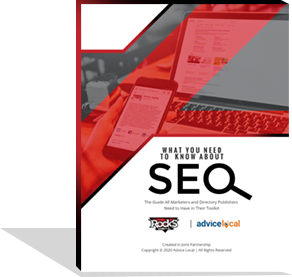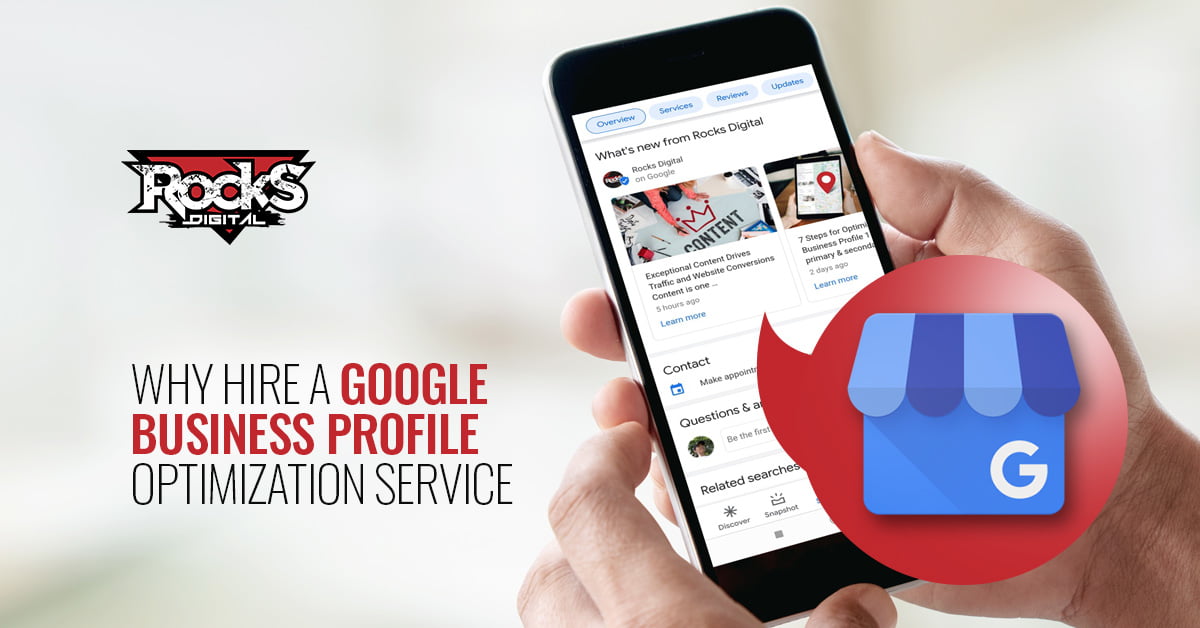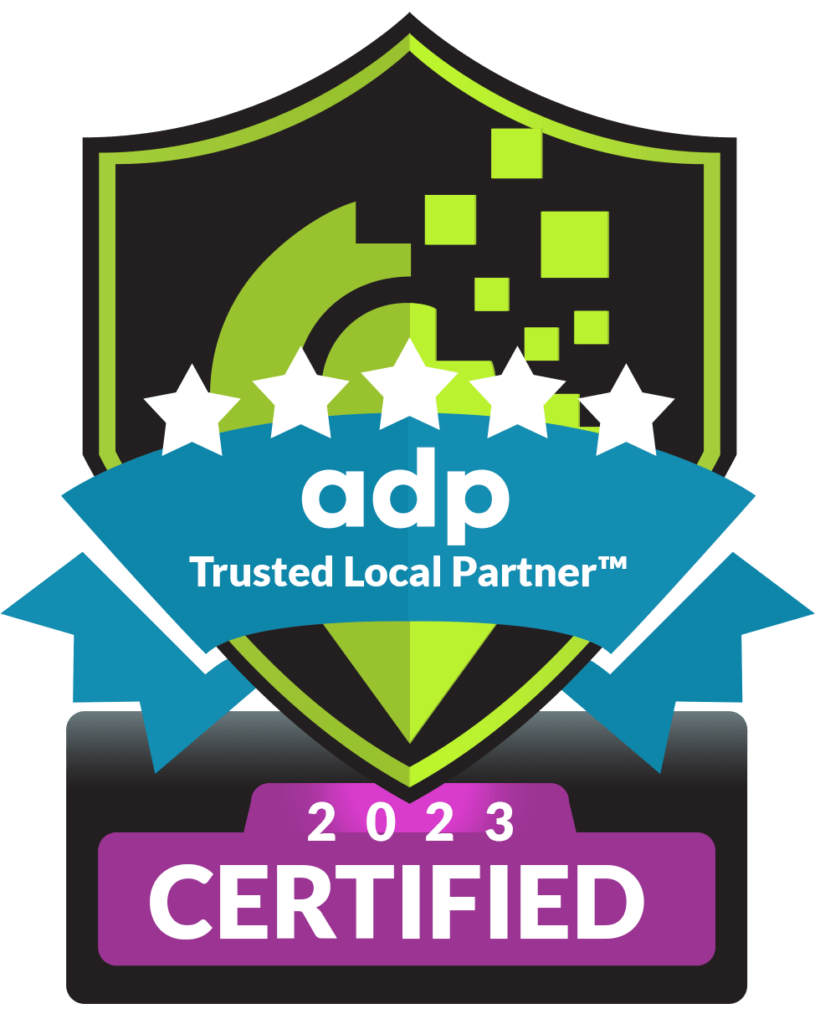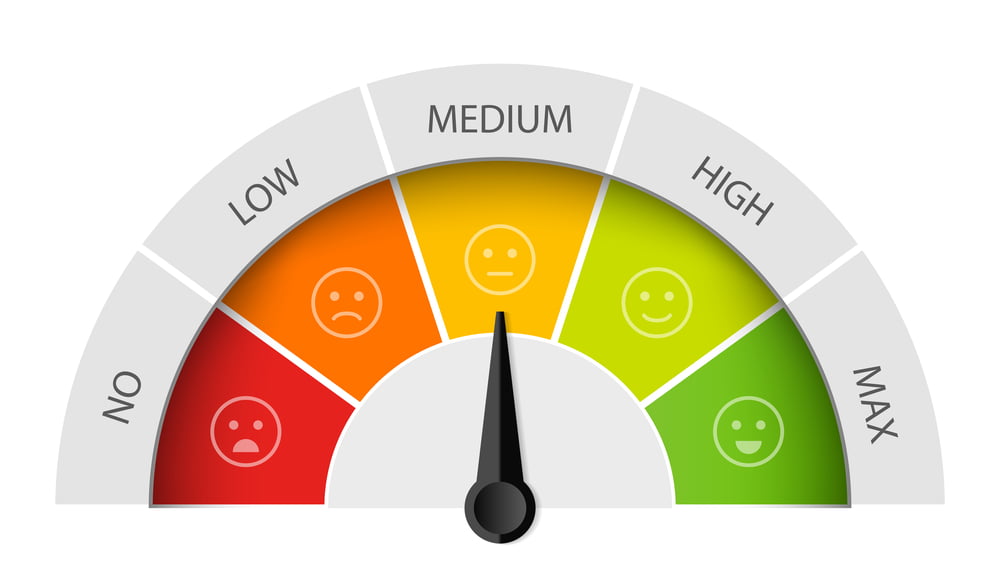
Although it may seem that I am only referring to local, small business when I speak of bad data issues, the reality is that brands of all sizes have problems too. It all starts with citations.
The Most Common Citation Complications
Managing citations can be complicated for one location. When a brand has multiple locations, the difficulty increases by the number of locations they have. Some of the biggest challenges for brands specifically include:
- Discrepancies in the way the location names, addresses, and phone numbers (NAP) are displayed online.
- Name changes due to mergers, acquisitions, or rebranding.
- New phone numbers or addresses due to location changes or closures.
- Duplicate or incomplete listings resulting from lost passwords or limited account access.
Simply put, inconsistent local citations are bad for SEO and bad for business. It’s extremely important for multi-location brands to monitor their local citations for accuracy. Dirty citation data can cause real problems for brands and their customers.
Studies have shown that 67 percent of consumers lose trust in a brand if they get lost en route to a location due to an incorrect address online, and 73 percent lose trust in businesses that exhibit inconsistent location details.
If consumers can’t find the location, store or restaurant, how can they spend their money there? Furthermore, when they can’t find the business, they move on to the next business that they can find. Plus, now they no longer trust the first business. This should be alarming to businesses and brands, and the problems are all caused by bad data.
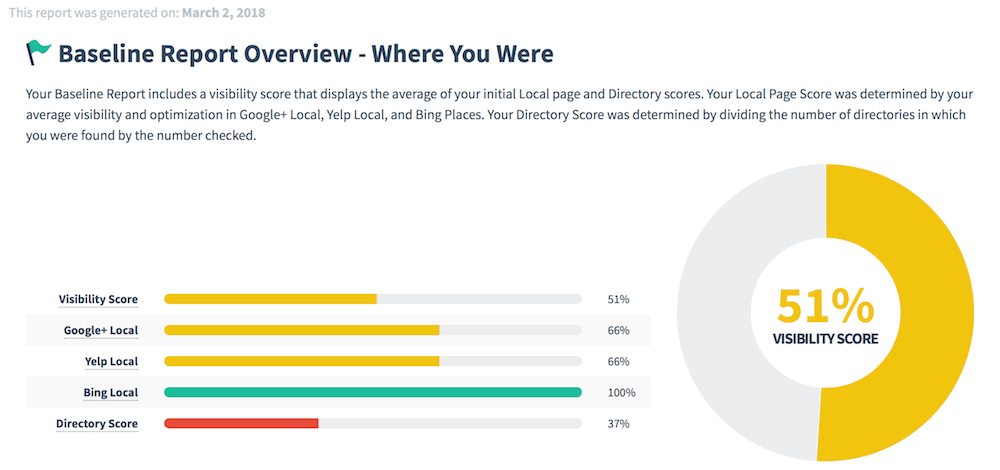
I picked a random brand and generated our online visibility report for just one of their locations. Their overall visibility score for this location was 51 percent. Can you imagine what the other locations’ visibility scores are? I removed their name for anonymity.
Even if only some locations are misrepresented online, having outdated, inconsistent citations or inaccurate information on the web can have a significant impact on the brand’s credibility with consumers.
Brands Create Their Own Bad Data
As mentioned earlier, while that is not intentional, whenever a business moves, rebrands or merges with another company it can create duplicate listings or incorrect citations.
Listings on Google, Yelp and Bing are extremely important.
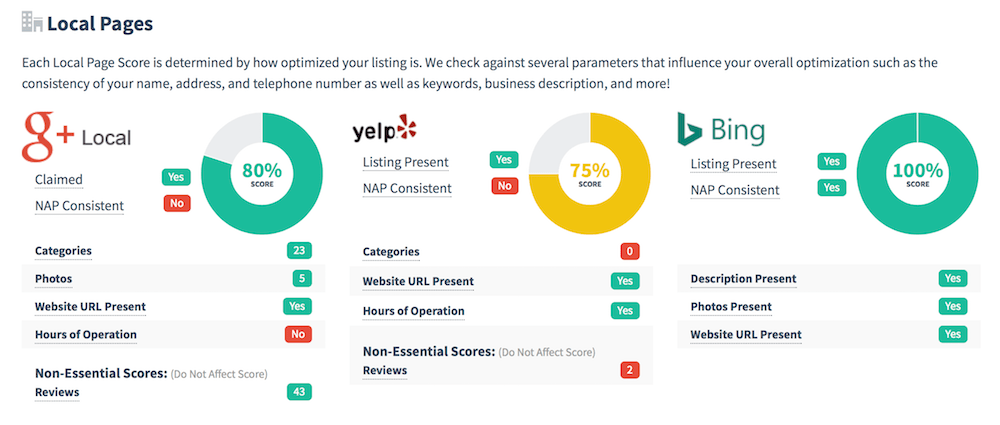
As shown here, this same brand’s location doesn’t have a consistent NAP on their Google My Business Listing or Yelp, and neither listing is 100 percent optimized.

The image shows this location is only listed in 15 of the 39 directories our visibility report checked, and their NAP was only consistent in 7 percent of those directories. Without more research, I can’t attest to specifically how this brands data became corrupt, but they definitely have some issues that need to be resolved.
A person wouldn’t move without giving the post office their new address. Essentially, failing to update business information on citations is the same as moving and failing to file a forwarding address.
One of the more common examples of brands creating their own bad data is when an employee creates a listing under their own email account and then later leaves the company. Down the line, the company realizes the listing is now out of date, but instead of taking the necessary steps to gain access to the existing listing, they just create a new one. Problem solved, right? Wrong! Now they have a duplicate listing issue. This could be the case with this brand’s location shown above.
What Is the Solution to Correct This Bad Data?
It would be great if I could tell you to take one or two steps and all the above problems would be eliminated, but I can’t because it just doesn’t work that way. It’s a process that requires a citation cleanup. I can’t even tell you that cleaning up citations is easy, because it’s not. Here’s an in-depth guide, “The Complete How-To Guide for Citation Audit and Cleanup” if you want to take a stab at it.
Most times, the best solution in the long run for multi-location brands is to hire a local presence management solution provider.
Are you working with a multi-location brand on their online presence? Bad data is an issue we can all solve, and it starts with partnering together.
Bernadette Coleman
Bernadette Coleman is a SEO, Local Search, Engaging Content Enthusiast & CEO of Advice Interactive Group, an Inc500 Digital Agency.


